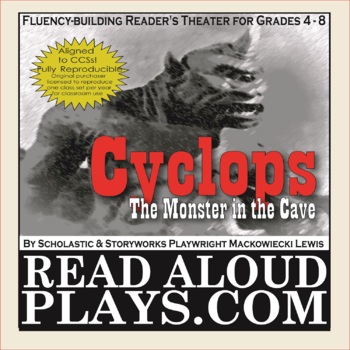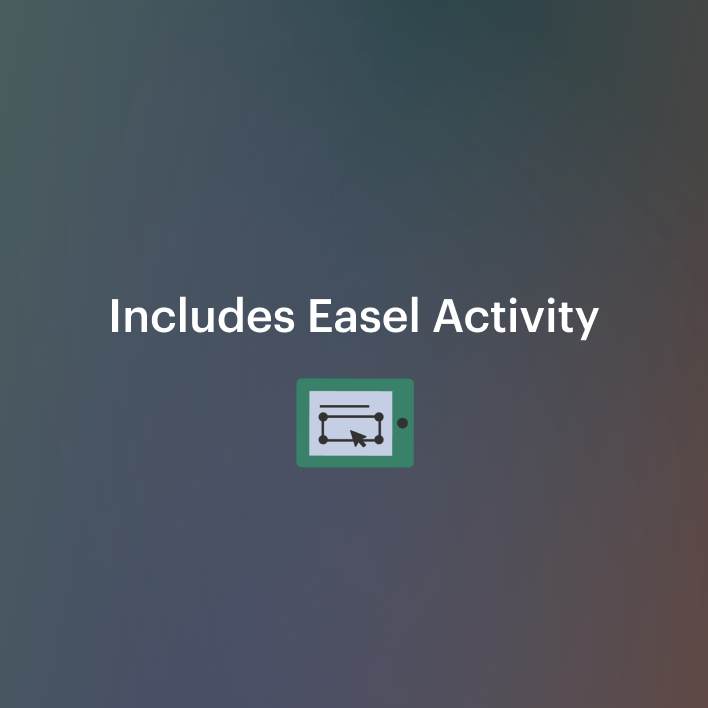Cyclops: The Monster in the Cave--Readers Theater from The Odyssey
- PDF
- Easel Activity
What educators are saying
Description
Includes comprehension activity, key, and teacher notes! Liven up your reading curriculum and satisfy the Common Core with this kid-friendly classroom play based on the 9th book of Homer's The Odyssey. Originally published in the September 2012 issue of Scholastic's Scope magazine, "Cyclops" is suitable for reader's theater or stage performance. Use it to introduce the original text, build fluency, and improve comprehension. Pair it with a Percy Jackson novel as part of a literature circle! Or just have fun reading or enacting this engaging story in which Odysseus outwits the man-eating monster in the cave. From 12 to 30 parts depending on your casting needs. Ideal for 5th through 7th grade but potentially suitable for 4th and 8th as well. Click on the "podcasts" tab at readaloudplays.com to see it performed by 5th graders. Original purchaser is licensed to print a full classroom set each year!






